Maybe, you just read this title, and are like, "You mean to tell me that there is a right and wrong way of thinking?". The answer to that question is no, I just mean that there are ways that we think sometimes that just create more problems for us rather than help us.
1. All-Or-Nothing Thinking.
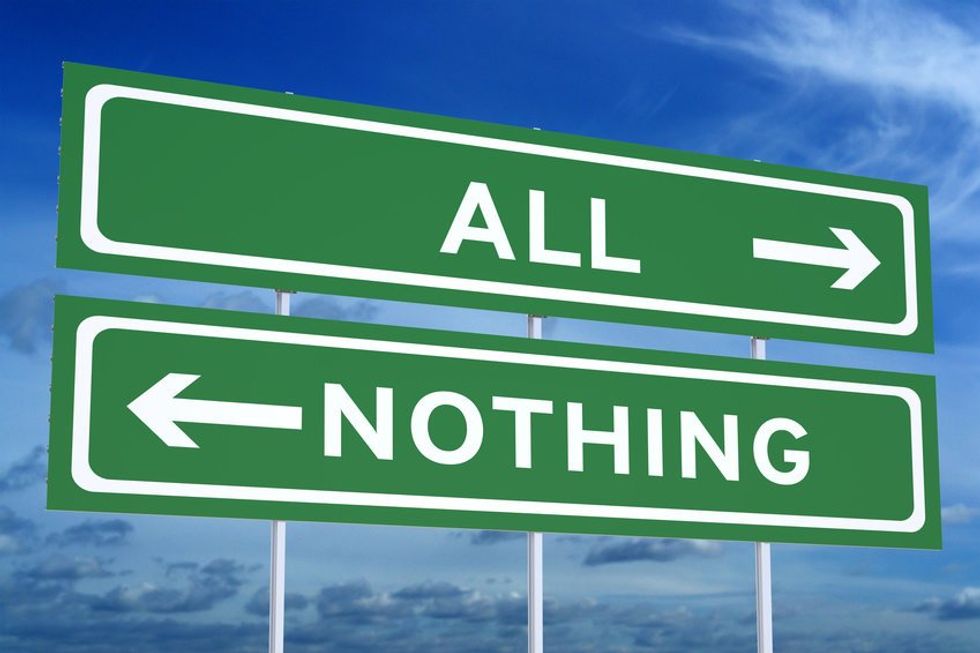
All-Or-Nothing thinking is just what it sounds like, it is thinking something is either good or bad, that you either pass or fail. It is similar to seeing things in black or white, and not being able to see the gray things, the things that aren't either good or bad but okay. All-Or-Nothing thinking leads to us putting so much more pressure on ourselves to do well because if we don't then it leads to us not liking ourselves more than we already might not.
2. Overgeneralizing.
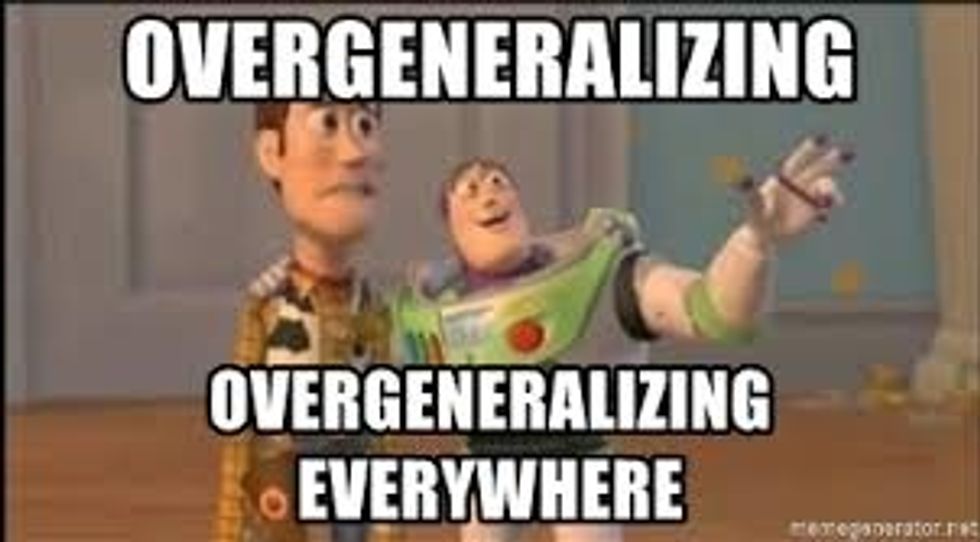
Overgeneralizing is quite literally taking one thing that happens and assuming or generalizing that that is going to happen for the rest of your life. It is essentially being too general. It is like assuming that all people that you will work with are mean just because one time, a coworker was mean to you. Overgeneralizing leads to us not giving a lot of things a second chance because of a past experience that did not go well, it stops us from being able to fully experience life.All-Or-Nothing thinking is just what it sounds like, it is thinking something is either good or bad, that you either pass or fail. It is similar to seeing things in black or white, and not being able to see the gray things, the things that aren't either good or bad but okay. All-Or-Nothing thinking leads to us putting so much more pressure on ourselves to do well because if we don't then it leads to us not liking ourselves more than we already might not.
3. Mental Filter.

Mental filter is filtering out one or another type of evidence. When we use mental filter, it is usually be filtering out the positive from a certain situation or context and only see the context or situation in a negative light. It is like when we can only see everything that we have failed at and not see the clear things that we have succeeded at. Mental Filter leads to us being down on ourselves a lot more because all we can think about is the negative in every situation and not see the things that went well.
4. Disqualifying the positive.
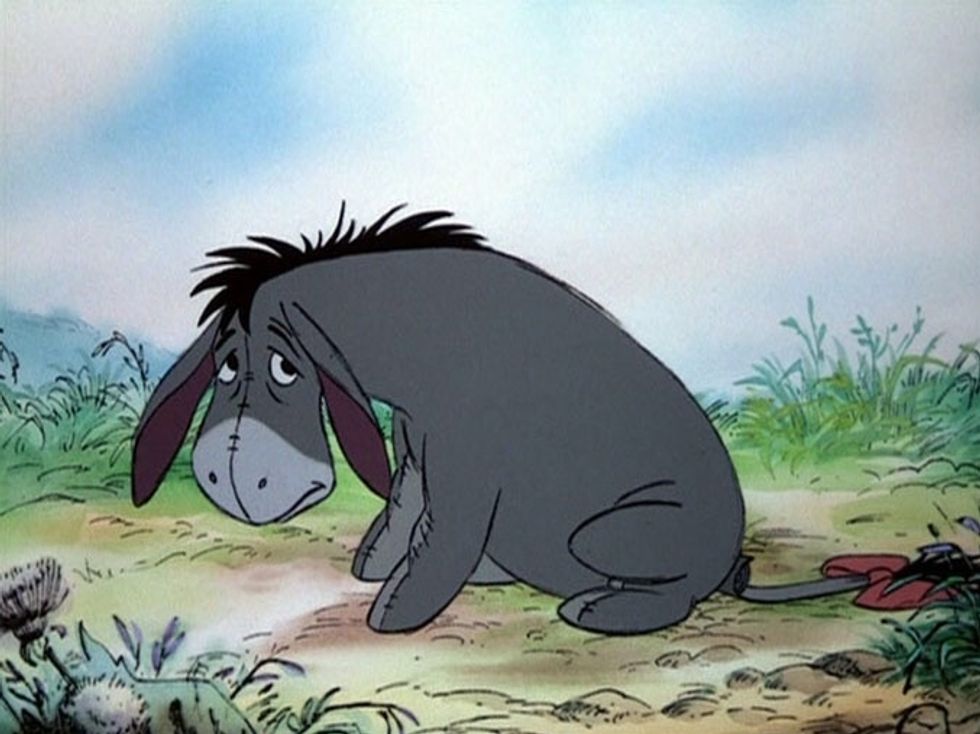
Disqualifying the positive is similar to mental filter because although you are not necessarily filtering out the positive, you are assuming something good only happened or went well because of luck or good fortune. It is like assuming something good happened to you for some reason out of your control and that because of that, it doesn't count. Disqualifying the positive also leads to us not being proud and happy of the good things that we do and the good things that happen because we assume it wasn't due to us in any way.
5. Catastrophizing.
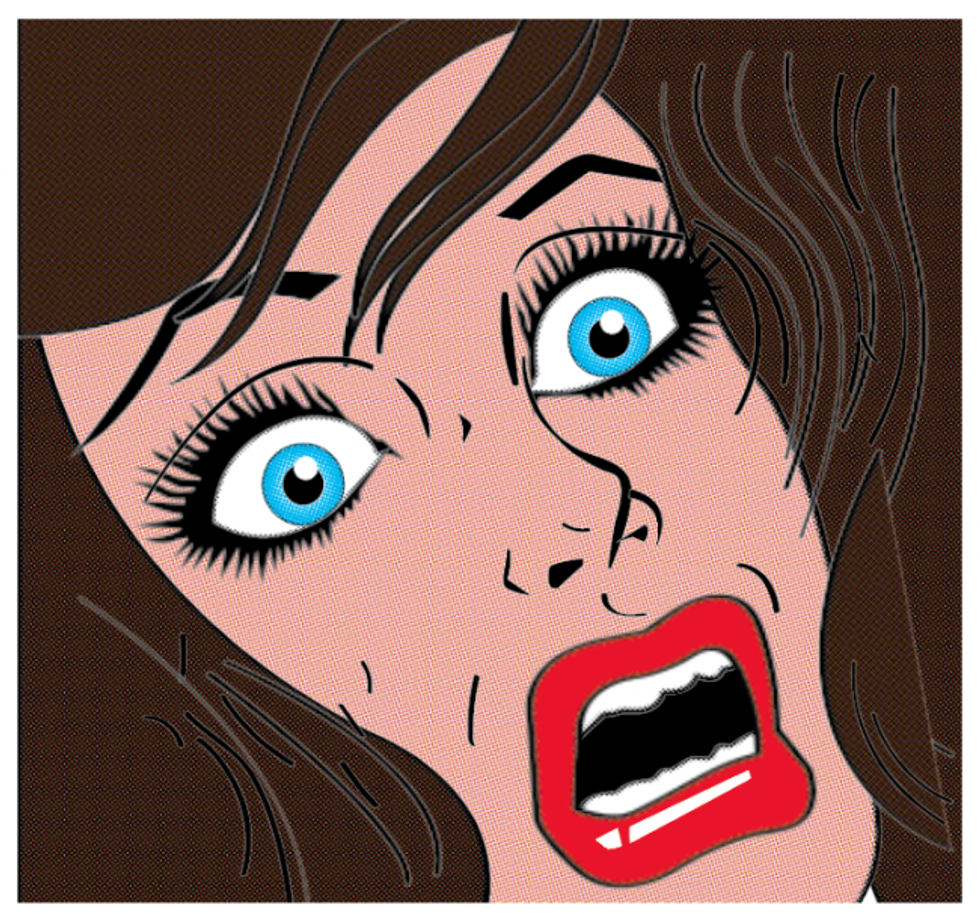
Catastrophizing is making a catastrophe out of something that isn't. It is blowing things out of proportion or assuming the worst possible outcome as being the only thing that happened. It is like assuming that because your friend hasn't arrived to your birthday party that started an hour ago that they were in a car crash. Catastrophizing leads to us being so much more stressed out and on edge more often than not because we assume that anytime something doesn't happen just the way it is supposed to, that something bad must have happened.
6. Emotional reasoning.
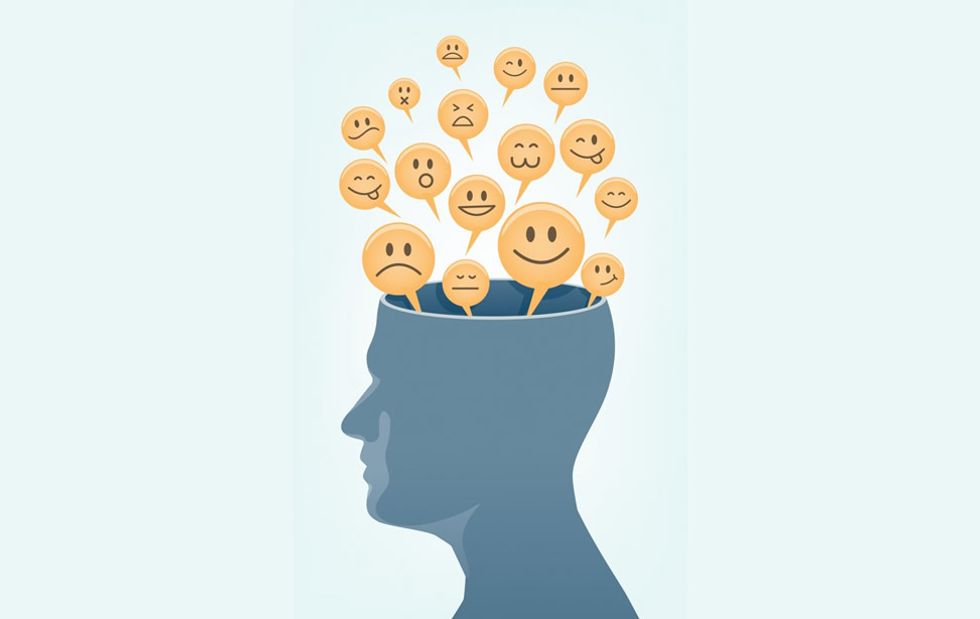
Emotional reasoning is using your emotions to reason things out. It is like assuming that our emotional response proves something is true no matter how much evidence there is proving otherwise. It would be something like you feeling stupid so because you feel that way, you have convinced yourself that you are dumb even if you have gotten good grades in all your years of schooling. Emotional reasoning leads to us letting our emotions get in the way of the things and make us draw these conclusions that aren't true.
7. Labeling.
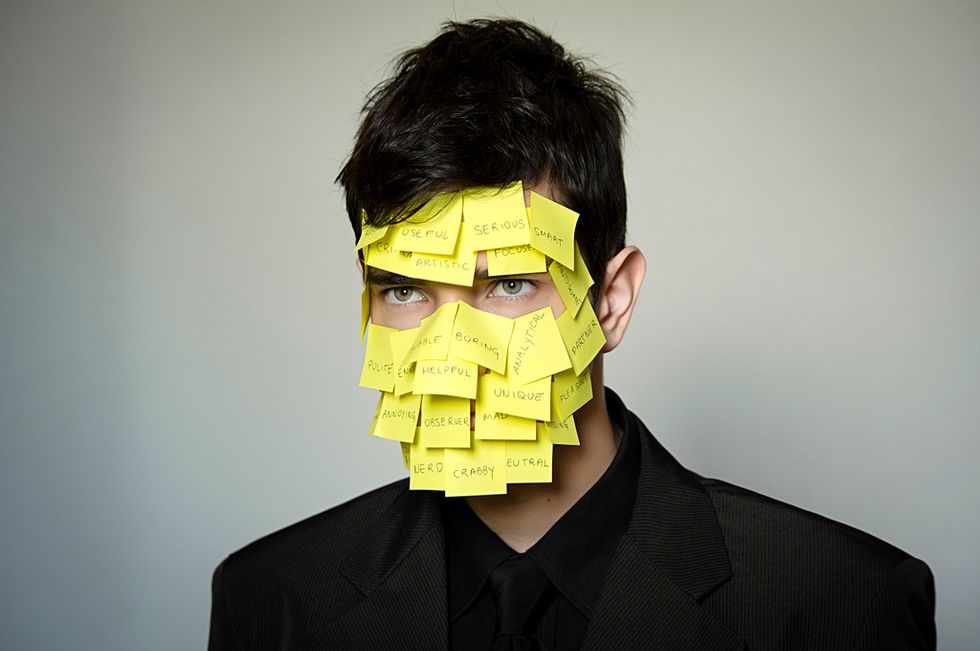
Labeling is putting a label on someone or something. It is judging not only ourselves but others as well all based on what that person did or how they behaved at a particular time. It is like assuming that what the person did is suddenly who they are, rather than knowing that their behavior is just something they did and not who they are. Labeling leads to us being negative and therefore talking to ourselves in a negative way, and there's a reason we are not taught negative self-talk and only positive, and that is that negative self talk does nothing good for anyone.
8. Jumping to conclusions.
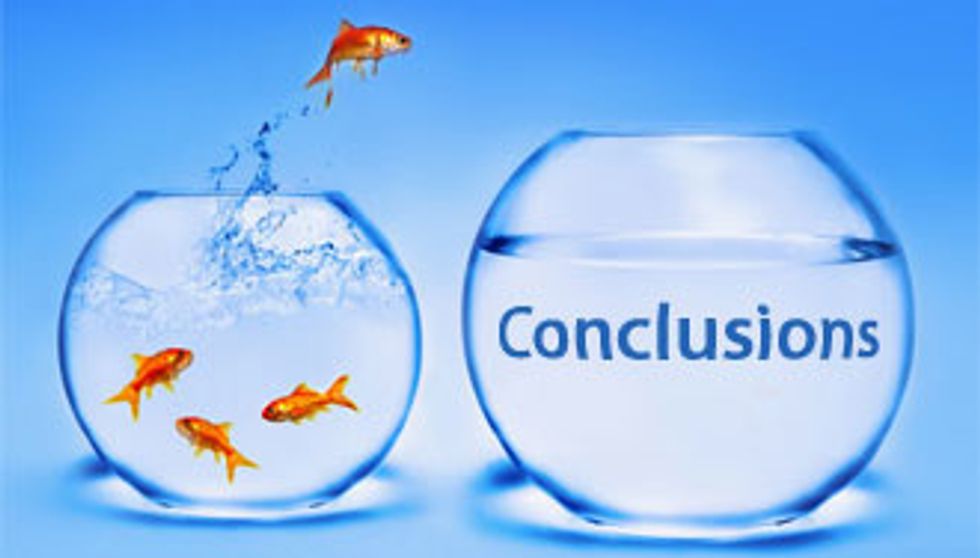
Jumping to conclusions is reaching a conclusion with little to no evidence proving it to be right. There are two types of jumping to conclusions, mind reading, and fortune telling. Again, mind reading and fortune telling are exactly what they sound like. Mind reading is assuming you can read a person's mind and know what they are thinking or how they are gonna react before anything even happens. Fortune telling is predicting the future and assuming how things are going to play out when you have no idea what is going to happen. Jumping to conclusions leads us to give up on things that we otherwise would have tried had we not been assuming that someone thought one thing or that something was going to happen.
9. Personalization.

Personalization is blaming yourself or putting all the responsibility of something happening on yourself when it is not all your fault. It is assuming that you and only you are the reason that something happened and that nothing else came into play to cause that something to happen. It can also be placing the blame on others for something that is your fault. Personalization leads to us not considering other factors that might have influenced the situation, which leads to more harm than good.
10. Should & must thinking.
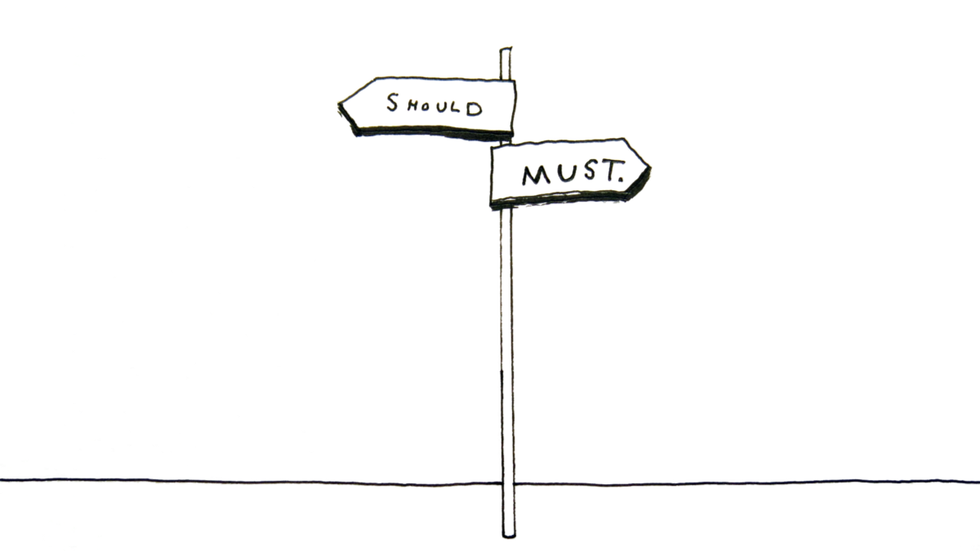
Should & must thinking is using statements involving the words, 'should' or 'must'. It is us assuming we have to do something a certain thing, or act a certain way. Should & must thinking leads to us being stressed more often and feeling guilty when we do not successfully fulfill others expectations of us. If we got rid of should & must thinking, then we would not have to live our lives based on everyone else's standards and we would be able to decide what we want to do and what we want to be.
In conclusion, if you think in any of these ways, it sucks and it makes things worse than they need to be. But the first step in not thinking like this is to realize when you are and to then work hard to try and combat those thoughts. Fighting the thoughts is the hardest part but if you believe in yourself and work towards it, you can do it.














